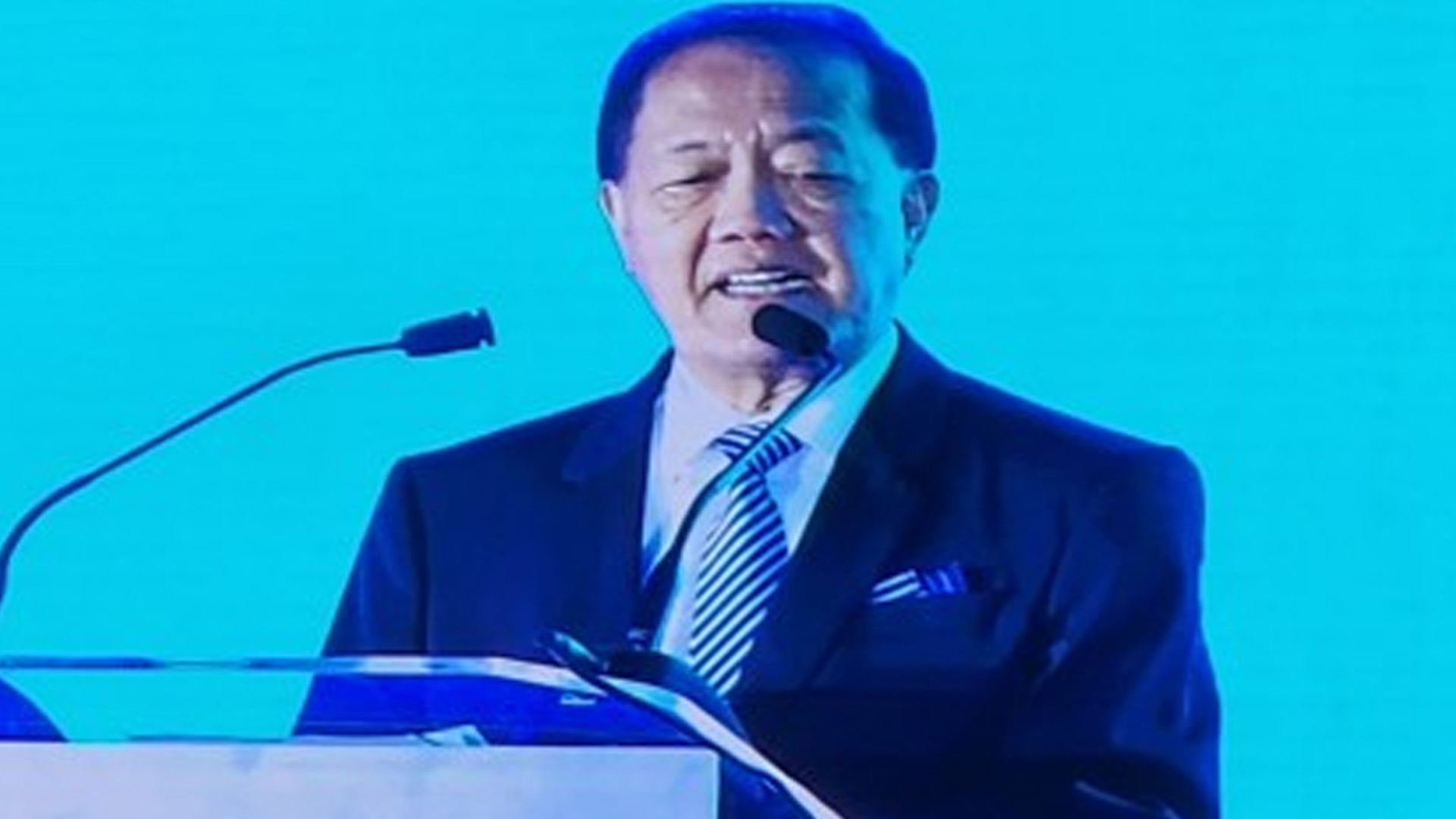Philippine Retailers Association (PRA) president Roberto Claudio is optimistic that the retail sector will steadily contribute to the Philippine economy, increasing its share to the country’s gross domestic product (GDP) to 20 percent as early as this year.
Claudio told reporters on the sidelines of the National Retail Conference and Export 2024, which concluded on Aug. 30, that the retail industry share to GDP could increase to 20 percent this year or early 2025, compared to the 2022 level of 18.6 percent.
He said retailers have contributed an average of PHP750 billion annually in terms of taxes between 2017 and 2022.
“The GDP contribution of retail has been going up at least 1 to 2 percent a year,” he said.
Claudio said the contribution of the retail sector in terms of government revenues could be larger if transactions done online are also subject to taxes being paid by brick-and-mortar stores.
Online marketplaces are currently not subject to value-added tax (VAT) in the Philippines, giving them a competitive pricing edge of up to 17 percent over local retailers.
Brick-and-mortar stores are paying 12 percent in VAT and some are slapped with 5 percent duties.
Since most of the products in these marketplaces come from foreign markets like China, Claudio said the current setup supports foreign retailers and poses a significant challenge to traditional local retailers.
He also called on the government to fast-track the implementation of the Internet Transactions Act that will level the playing field between physical and online stores in terms of taxes. (PNA)









